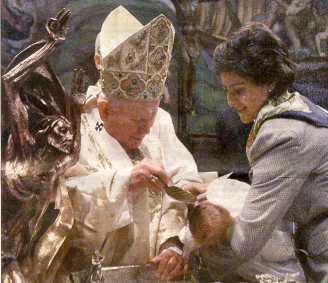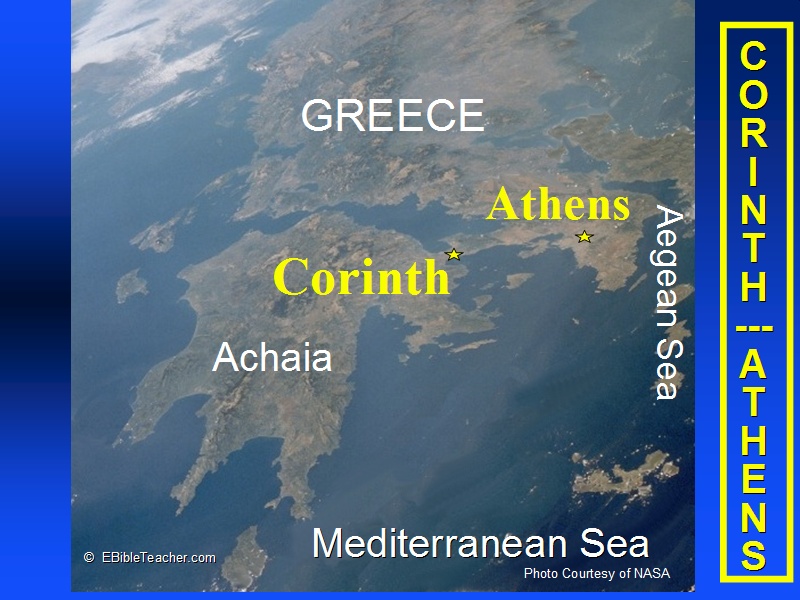Take a look and then I'll give you my two cents worth below.
So what is this short film about? Essentially about the power of love, particularly when love, as opposed to hate, has the last word. The clip from Dr. Martin Luther King, Jr. at the end was given in his "A Time to Break the Silence" speech about the Vietnam War. The partuclar line of love being the 'last word' is a quote he makes of Arnold Toynbee. Here's the broader text of that speech:
We can no longer afford to worship the god of hate or bow before the altar of retaliation. The oceans of history are made turbulent by the ever-rising tides of hate. History is cluttered with the wreckage of nations and individuals that pursued this self-defeating path of hate. As Arnold Toynbee says: "Love is the ultimate force that makes for the saving choice of life and good against the damning choice of death and evil. Therefore the first hope in our inventory must be the hope that love is going to have the last word."
(Click here for the full text of this speech of Dr. King's, with the audio recording of it)
In this short film, the first 'word', that is the first set of scenes, is violence, fear, lonliness, and pain. The second set of scenes shows what happens when love has the last word. Violence is abrogated, lonliness is offset, fear and pain find reconciliation and restitution.
In the realm of Christian theology, there are Two Words, Law and Gospel. There is the first Word from God, that of Law, and the Second Word from God, that of Love (or Grace). The First Word of Law reveals what God declares to be right and wrong (it is wrong for a person to assault another, for example). It also reveals human behavior to be radically short of keeping that law. Specifially, the First Word exposes the violence, lonliness, fear, and pain in our world and lives for what they really are.
The Second Word, the Word of Love/Grace, speaks to the crushing weight of our plight and does not tell us what to 'do', but indicates to us what God has already 'done'. Grace shows us that God has taken upon himself the violence, fear, evil, and shame of our world. He has donel this of his own initiative, for his purposes, and as indicative of his wondrous nature, not , as L'Oreal claims, "Because I'm worth it!"
So this film, while clearly not explicitly Christian, it is underpinned by very strong Christian ideas, whether intentionally or unintentionally so. Discuss amongst ya-selves.

jurassicpark_III_5.jpg)






 So what fills the gap between the ideal and the actual? What fills the void between what we ought to do and what we don't do. Certainly, if we try to fill that gap on our own we will destroy ourselves. There are people who are driven to perfection: they see the ideal and they want it. And they will step on or push aside anyone to get it. Sometimes this pursuit of perfection is all about money. Sometimes power. Sometimes sex. And the list goes on. And the first thing that will be damaged if you try to pursue the ideal on your own is your family, because they will always fall short of your ideal. And so you will get frustrated and angry and squash them.
So what fills the gap between the ideal and the actual? What fills the void between what we ought to do and what we don't do. Certainly, if we try to fill that gap on our own we will destroy ourselves. There are people who are driven to perfection: they see the ideal and they want it. And they will step on or push aside anyone to get it. Sometimes this pursuit of perfection is all about money. Sometimes power. Sometimes sex. And the list goes on. And the first thing that will be damaged if you try to pursue the ideal on your own is your family, because they will always fall short of your ideal. And so you will get frustrated and angry and squash them. 